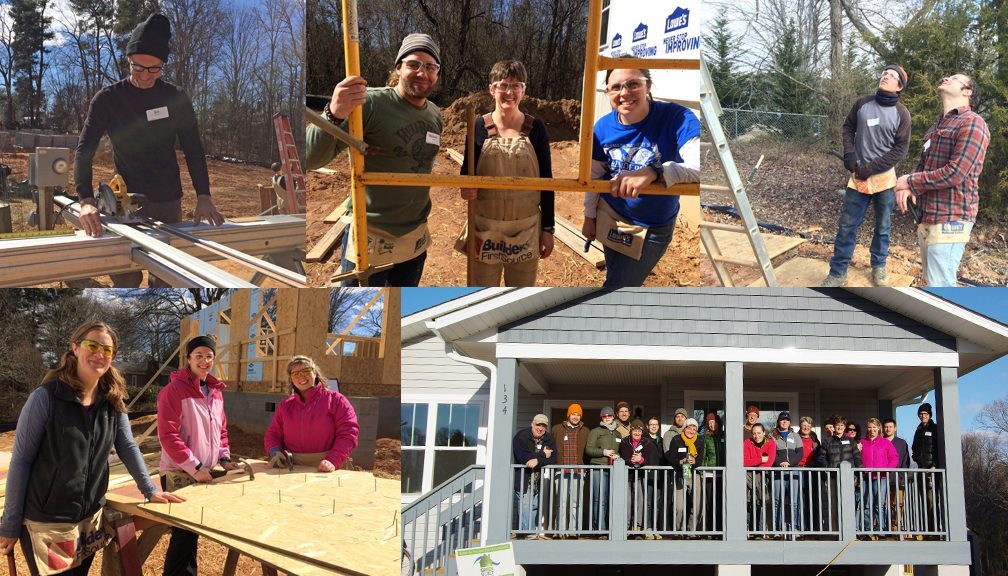Sponsors Join on to Business Bungalow #3
Local Businesses Partner to Sponsor Business Bungalow House #3
Affordable housing continues to be one of the most pressing, unmet needs in our region. Studies* have shown that the combination of a lack of affordable units, a critically low vacancy rate and a significant projected population growth will make housing availability in our area, especially affordable housing, a rare commodity.
The local business community is coming together to address this issue head-on by sponsoring the 3rd Business Bungalow home. Eaton Corporation has made a generous lead gift of $20,000. Businesses of all sizes can make any level of contribution to support affordable housing.
This is your opportunity to be part of the solution. Together we can build a Habitat house, address a pressing community need, and most importantly, transform the life of another family. Come join us!
*The January 2015 Regional Housing Analysis by Bowen Research Group, commissioned by the City of Asheville.
Visit our Sponsors Page to see all the local businesses participating!
Events
- Every Monday, October – December 17 – Altar’d State
- 10% of sales every Monday throughout the rest of 2017
- October 24, 2017 – Virgola Italian Wine Bar
- 10% of sales from 4 – 10 pm
- November 18, 2017 – Second Gear
- stud signing event from 11 am – 2 pm
- next door at Whist, 10% of sales
- March 8, 2018 – Rezaz
- 15% of proceeds from Grand ReOpening lunch & dinner
- 10% of sale from “Herbal Habitat” specialty cocktail, through 3/31/18
Donate
Anyone can support Business Bungalow #3, not just businesses! Click here to donate online. Select Business Bungalow in Area of Support.
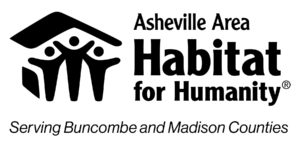


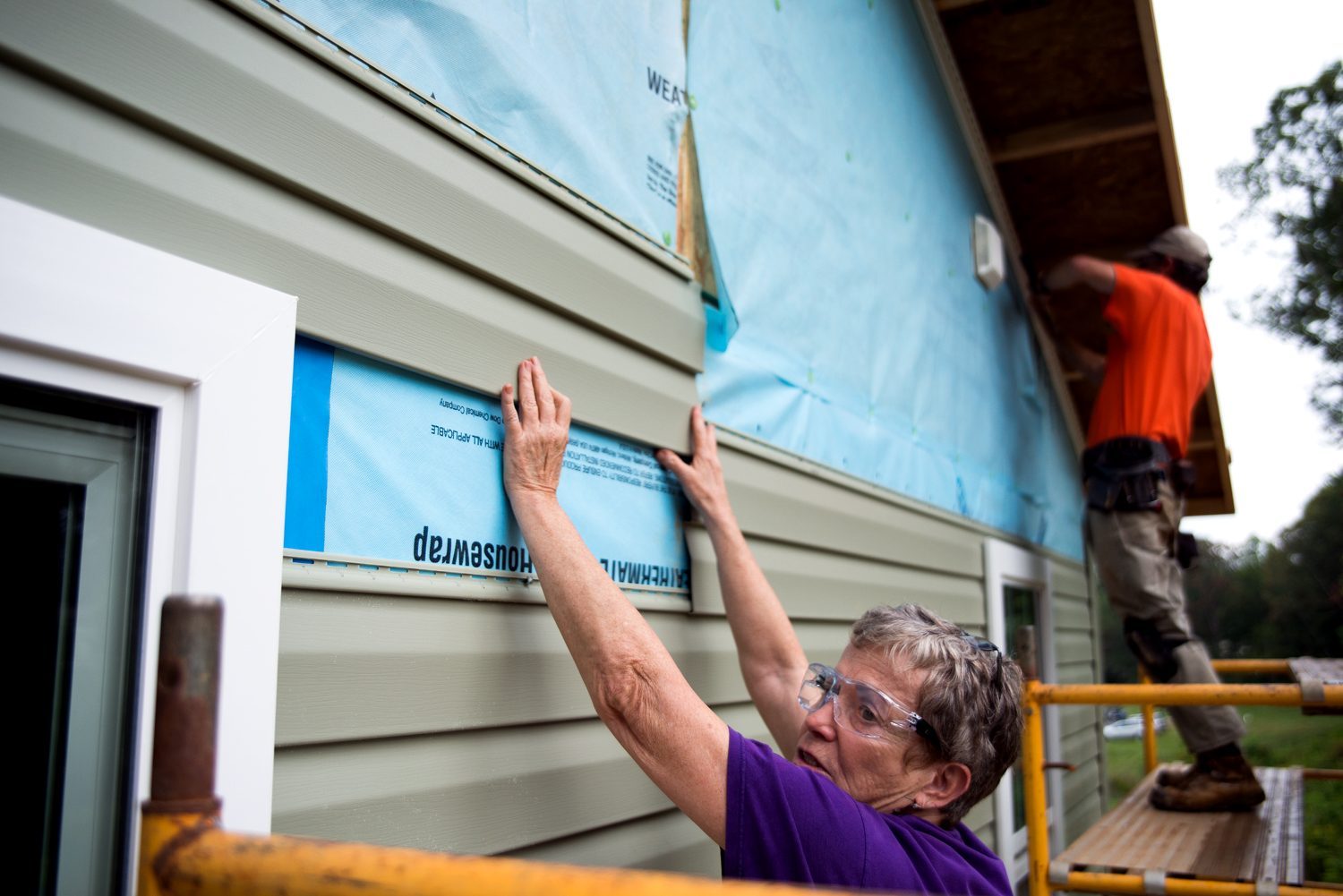
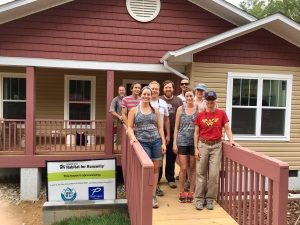
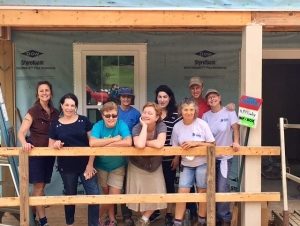
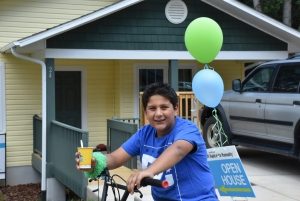 These homeowners are putting down roots in a community, in a neighborhood where everyone already knows each another. They took classes together and helped build each others’ homes. Now, they sit on their front porches, watch kids ride bikes in the safe cul-de-sac, and host family and friends for BBQs. And they can plan and save for the future because they know the rent won’t go up, the house won’t be sold, and the children won’t have to switch schools due to yet another unwelcome move. They are building strength, stability, and self-reliance on the foundation of a decent and affordable home. Thanks to all of you who provided your time, your voice, and/or your financial support!
These homeowners are putting down roots in a community, in a neighborhood where everyone already knows each another. They took classes together and helped build each others’ homes. Now, they sit on their front porches, watch kids ride bikes in the safe cul-de-sac, and host family and friends for BBQs. And they can plan and save for the future because they know the rent won’t go up, the house won’t be sold, and the children won’t have to switch schools due to yet another unwelcome move. They are building strength, stability, and self-reliance on the foundation of a decent and affordable home. Thanks to all of you who provided your time, your voice, and/or your financial support!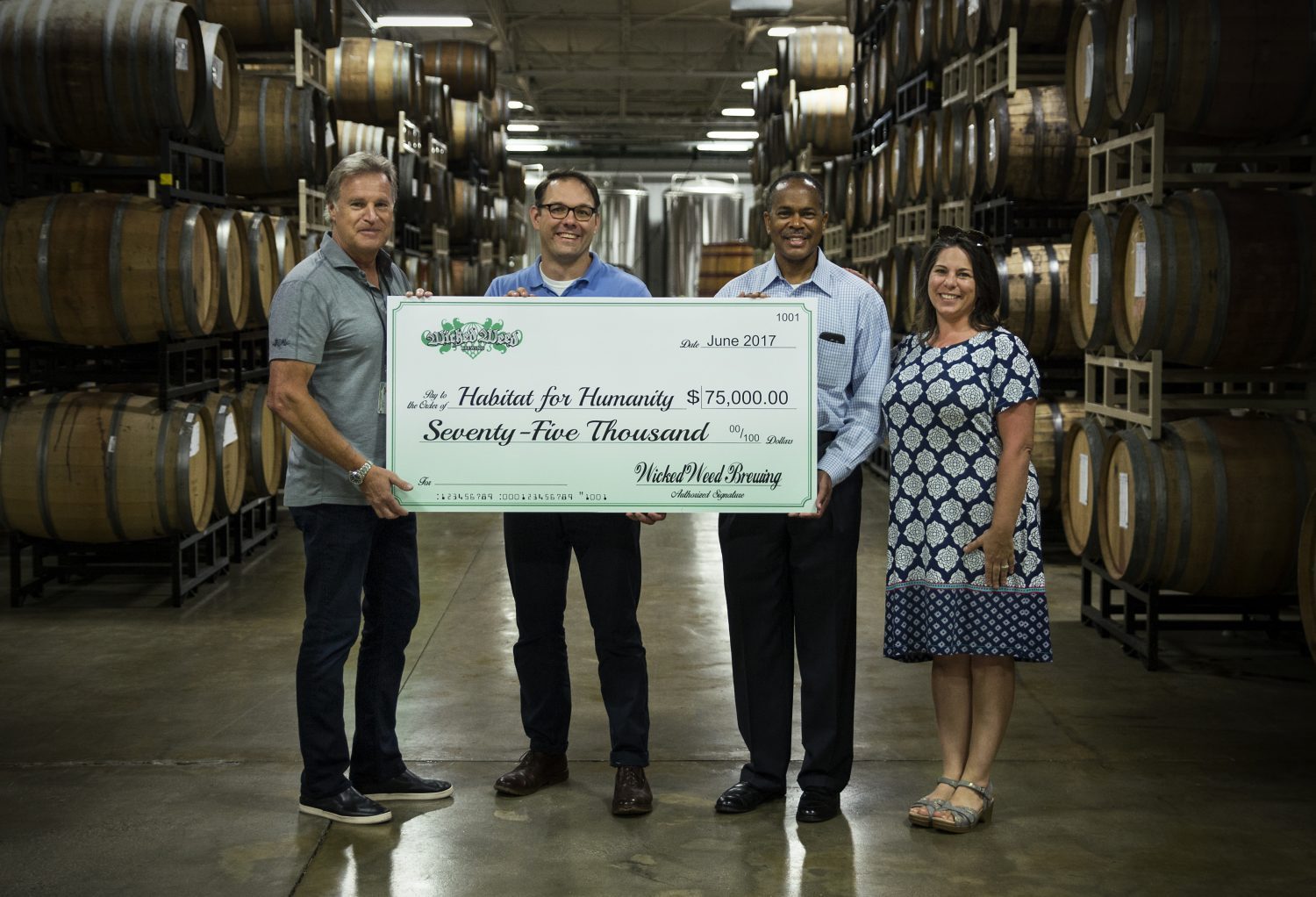
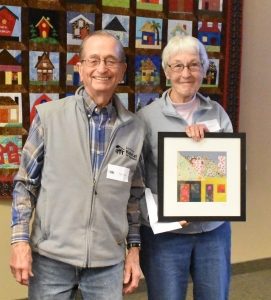
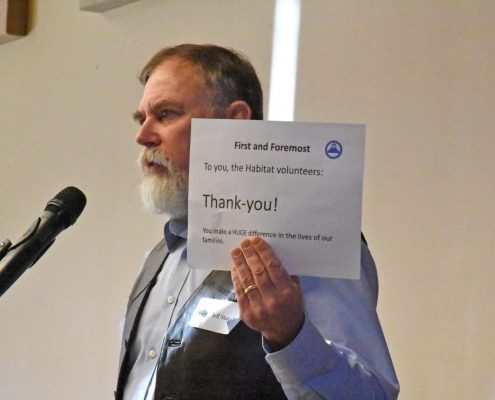 irector for the City of Asheville, who was able to put Habitat’s contributions into the larger affordable housing context. He expressed the City’s enthusiasm for Habitat’s upcoming higher density neighborhood in West Asheville (currently referred to as Cedar Hill). Staudinger also referenced statistics from the
irector for the City of Asheville, who was able to put Habitat’s contributions into the larger affordable housing context. He expressed the City’s enthusiasm for Habitat’s upcoming higher density neighborhood in West Asheville (currently referred to as Cedar Hill). Staudinger also referenced statistics from the 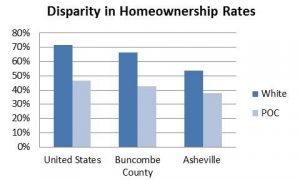
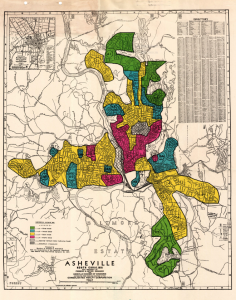
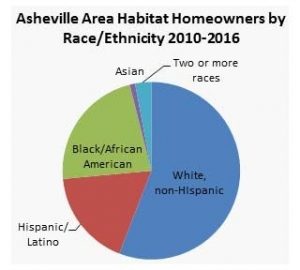 Habitat creates a way for households facing economic barriers to achieve homeownership and begin to close the wealth gap, but we can’t do it alone. To achieve equity in rates of homeownership nearly 3,000 additional households of color in Buncombe County will need the opportunity to become homeowners. To achieve this scale, we will need many more lenders to adopt policies that help households of color overcome historical barriers to mortgage loans. We need to grow housing and financial counseling opportunities to help aspiring homebuyers become “mortgage ready”. We need more affordable rental options and tenant advocacy so that renters have the stability needed to save and prepare for future ownership. Finally, we need home repair and foreclosure prevention assistance to help existing homeowners to remain at home. In short, it will take everyone committing to give our time, our financial support, and our voices to advance the dream of equality of opportunity for all our neighbors regardless of race.
Habitat creates a way for households facing economic barriers to achieve homeownership and begin to close the wealth gap, but we can’t do it alone. To achieve equity in rates of homeownership nearly 3,000 additional households of color in Buncombe County will need the opportunity to become homeowners. To achieve this scale, we will need many more lenders to adopt policies that help households of color overcome historical barriers to mortgage loans. We need to grow housing and financial counseling opportunities to help aspiring homebuyers become “mortgage ready”. We need more affordable rental options and tenant advocacy so that renters have the stability needed to save and prepare for future ownership. Finally, we need home repair and foreclosure prevention assistance to help existing homeowners to remain at home. In short, it will take everyone committing to give our time, our financial support, and our voices to advance the dream of equality of opportunity for all our neighbors regardless of race.